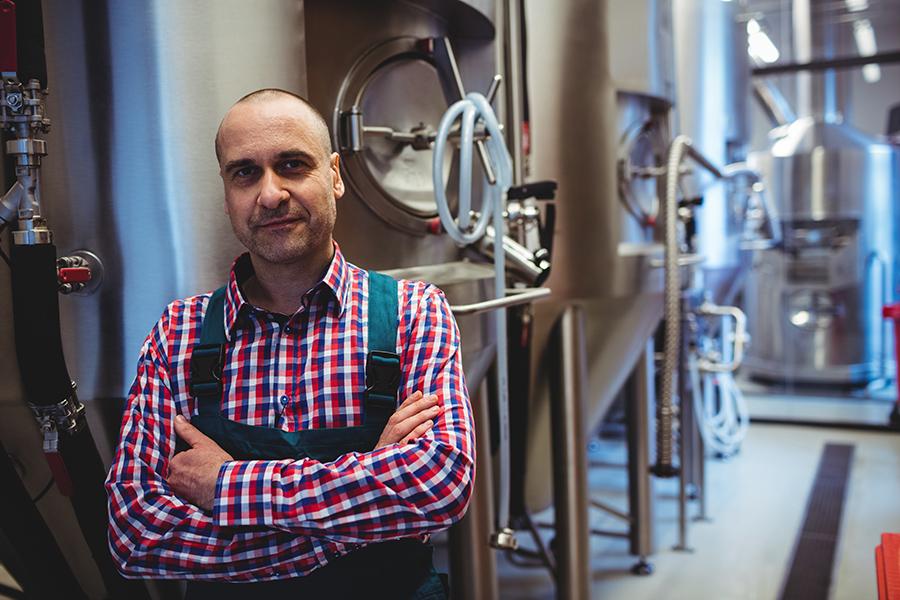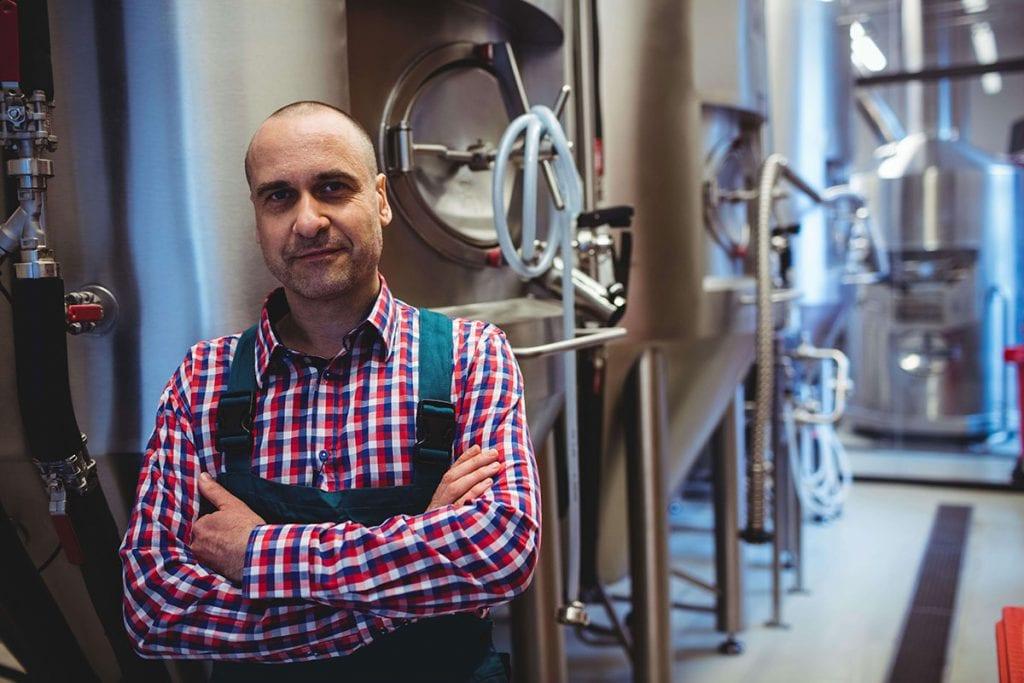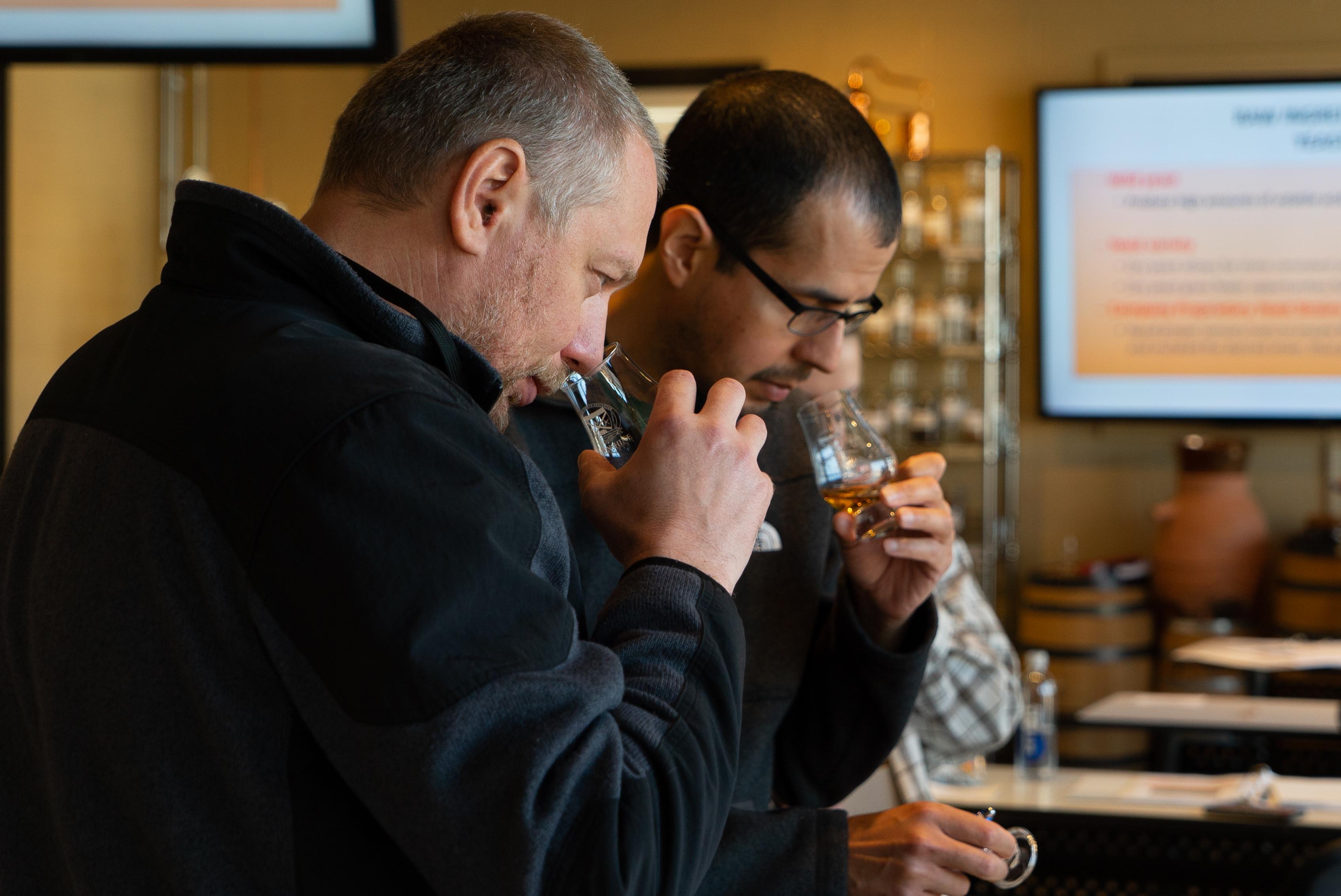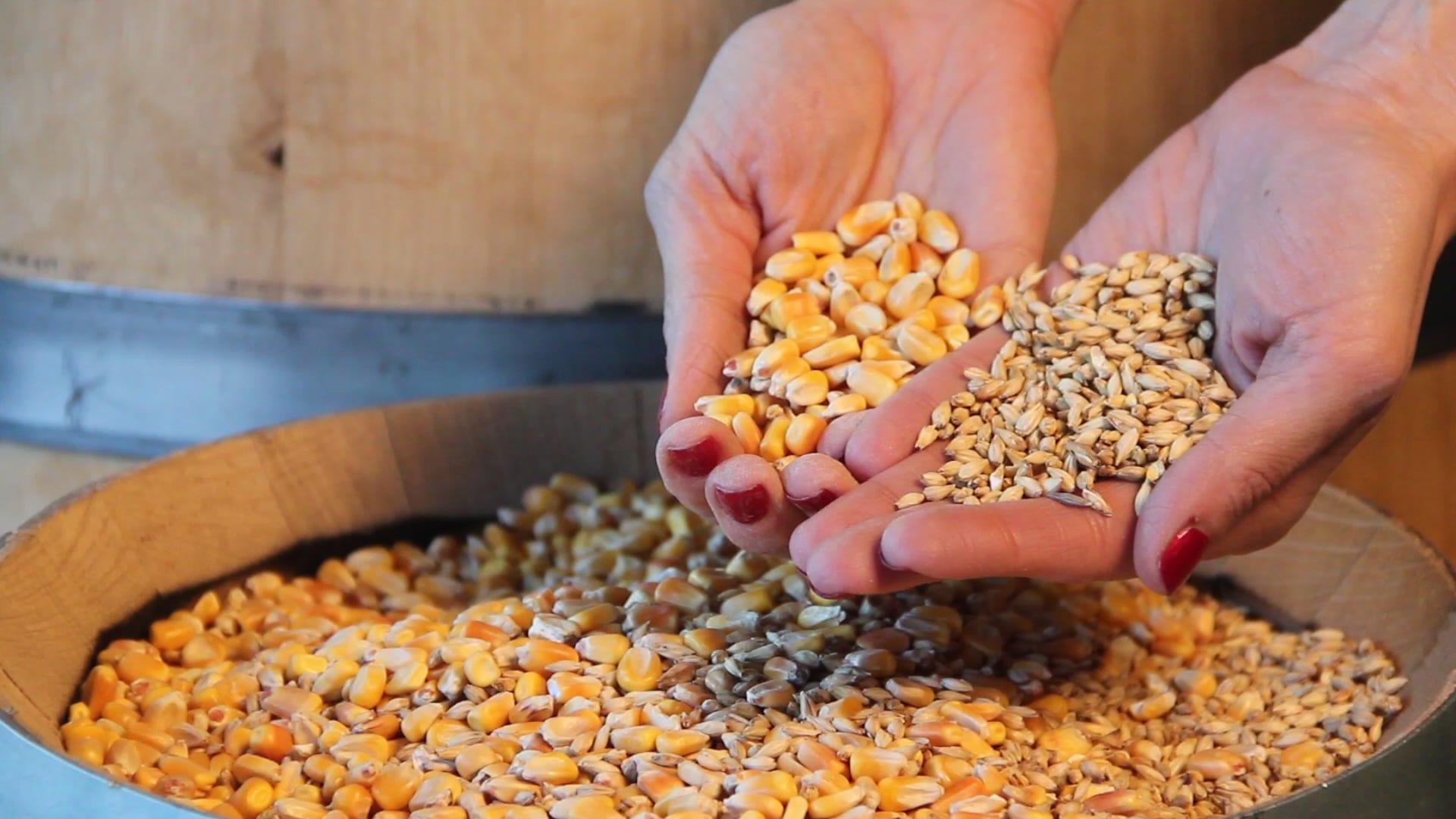
The Art of Non-Alcoholic Spirits
blog
For decades, spirits and cocktails have fostered a culture of craft, connection, and celebration. But over time, cocktail culture has evolved far beyond the buzz!


So you want to get into the distilling industry? Well, we've taken the liberty of breaking down what jobs are out there to choose from. Whether you're the face of the company working the more glamorous aspects of the job or you're pouring your blood, sweat, and tears into making the actual spirit, you are part of the greatest industry out there. Distilling.
JOB ROLES
Head/Lead Distiller - As I'm sure you guessed, this is the big dog on campus. Depending on distillery size, you may also be the owner of the distillery if you have this title. You are the one who knows and controls the ins and outs of what goes on in the distillery. Generally, you will need at least a few years of experience, an education in science or engineering is a plus, and being a creative problem solver is certainly helpful. Oh and TTB paperwork…lots and lots of TTB paperwork will pass over your desk. So if you don't like doing hours of government paperwork every week, make sure you find a sucker who is willing to take this on for you.
Distiller Assistant - You will be in charge of the day-to-day operations. It's usually an entry-level job that entails being part pack mule, part janitor. From throwing around 50-pound bags of grain to keeping the equipment shiny and clean, it all falls under your wheelhouse. You can't be afraid of hard work or getting dirty. Don't worry, after you've done it for 3-5 years you might be lucky enough to become a distiller, or if you're lucky, the head distiller. If you want to become a Master Distiller, check out our blog on that here.
Bottling Line Operator - Attention to detail and quality is monumental in this position. If you appreciate organization, methodical tasks, and what can sometimes be described as mundane tasks-this could be the job for you! And it's also worth note that the ‘bottling line' at some operations are your hands and a funnel.
Quality Control - You're the guy or gal that makes sure a consistent, high-quality product is being delivered. Every. Single. Time. You will also need to keep an eye on fermentation health and that meticulous, accurate notes are being taken at every step of the process, every time, every day.
Blender/Mingler - A honed in sense of smell and taste are absolutely a must in this position. You are the one that picks a combination of barrels that need to be blended in order to achieve that gold standard the brand strives for in every bottle. In some operations, the lead distiller also does this job.
Tour Guide - Getting to talk about, show off, and taste booze all day…not too shabby of a gig. Bring a peppy attitude and a willingness to answer approximately one million questions a day and you're good to go! Hospitality and retail experience is a plus.
Distillery Brand Ambassador - It's your job to make sure everyone knows how awesome your product is. We're talking pounding the pavement spreading the news that (insert product here) is the best thing since sliced bread. You know the brand, the packaging, the history, and all current trends in the industry.
If the distillery size is uber small, all of these jobs may be done by 2 or 3 people, which is often times the case in craft distilleries. When the going gets tough though, just remember if you're lucky enough to work in a distillery, you're lucky enough!

blog
For decades, spirits and cocktails have fostered a culture of craft, connection, and celebration. But over time, cocktail culture has evolved far beyond the buzz!

blog
Those that are familiar with the process of crafting distilled spirits may also be familiar with the 10 common congeners that are created during fermentation, and honed during the distillation run. Each congener has its own distinct personality, rendering unique tastes and aromas to the finished spirit.

blog
So, you want to start distilling with freshly milled grain. Maybe you're tired of paying top dollar for the pre-milled stuff from the malt distributor, and you're ready to invest in the quality, efficiency, and bulk pricing that comes with milling your own whole grain. But where do you start?